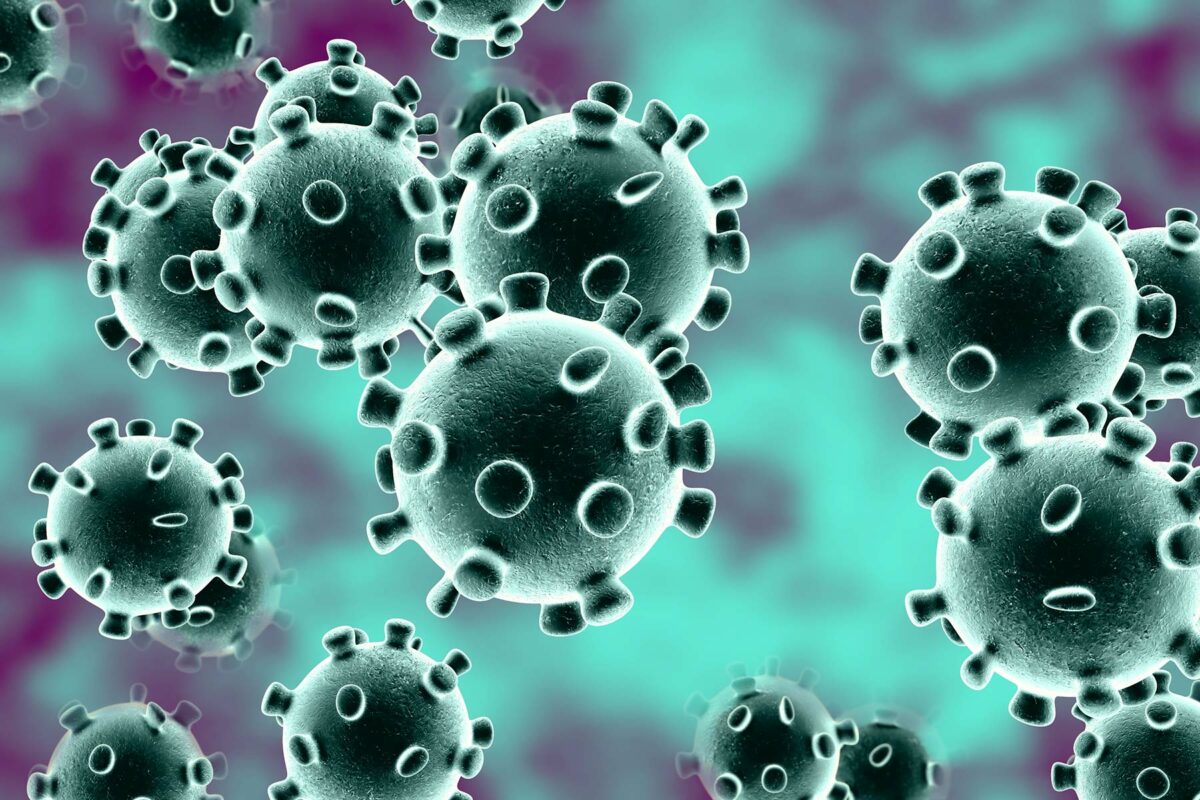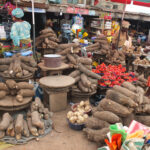The capacity to recover quickly from any challenge is often determined by how well we have planned for that challenge.
In the world we live in, our gender greatly determines our preparedness for the different obstacles life throws at us.
What’s next after Supreme Court affirms Igbo women can inherit property?
Kano women are taking to social media marketing, and smiling to the bank
It is no secret that across the board, women are at a socioeconomic disadvantage compared to men; accordingly, the coronavirus pandemic is exposing and magnifying the extent of this inequality.
As concerns for jobs, livelihoods and the state of the economy are being debated, it is crucial that we take a gendered approach to highlight the impact of the current global pandemic on women and other vulnerable populations.
For women, the repercussions of COVID-19 are being felt more deeply with a potential to extend far longer than for their male counterparts.
While gender inequality is a global issue, in Africa, the reality is scathing.
African women have several obstacles impeding them from actualizing full autonomy, dignity and protection.
In Sub-Saharan Africa, women make up to 60% of the workforce yet, they receive 10% of the income and own only about 1% of land assets.
These statistics are not different in Nigeria, where women make up about 50% of the labour force and are mostly the poorest members of our society.
Within the COVID-19 crisis, many of these women are surviving with difficulty and will also struggle to recover.
This is due to the existing inequalities within the system at all levels and across all spheres as compounded by the lack of adequate or efficient safety-net against the attendant health and economic shocks.
The National Bureau of Statistics recently released unemployment data revealed that women were the hardest hit from the current economic downturn.
As of Q2 2020, 12.2 million women were out of jobs – hairdressers, nail technicians and other positions in the hospitality industry will make up most of those jobs and this could increase in coming months especially since inflation is now at 13.22%.
For women in these fields, layoffs will mean a loss of major streams of income further contributing to cycles of poverty.
In Nigeria, where women account for a larger share of market traders, the impact of lockdowns, social distancing measures and other restrictions have and continue to severely impact women’s livelihoods.
However, the impact on women does not stop there; with a health crisis comes the need for care and due to prevalent socio-cultural norms, women are often tasked with the responsibility.
If a member of the family falls ill, it is usually the woman who tends to them.
With schools shut and children at home, women have borne the greater proportion of the burden of childcare.
With this becoming a focus, their ability to increase their earning potential is nonexistent, because of the competing requests for their time from unpaid home and childcare responsibilities.
Beyond economic factors, there are other health and social issues that women are having to deal with almost exclusively.
Recent reports indicate that women across 37 countries were further limited from accessing sexual and reproductive healthcare during the lockdown period.
As a result, Maria Stopes International report that globally, there will be 900,000 unintended pregnancies, 1.5 million unsafe abortions and 3,000 maternal deaths.
In developing countries like Nigeria, reproductive health has gone to the bottom of the list of pandemic priorities.
The lack of access to reproductive healthcare experienced earlier this year would mean millions more women and girls have lost the ability to plan their families and protect both their bodies and their health.
These COVID-19-induced disruptions are likely to erase much of the strides taken towards gender equality in Nigeria and beyond.
The 2014 West Africa Ebola pandemic is a contextually accessible example of what this looks like in an African context.
In some villages in Sierra Leone, school enrolment rates for teenage girls fell from 50 to 34 percent after the Ebola epidemic, with lifelong implications for their wellbeing and that of their communities and societies.
Yet another negative impact of this pandemic on women is that as a result of lockdowns, isolation and restricted movement, many women are trapped in homes with abusive spouses and family members.
The United Nations Population Fund (UNFPA) reported that for every 3 months imposed lockdown there would be an additional recording of 15 million cases of Gender Based Violence (GBV). Similarly in Nigeria, data suggests that GBV cases tripled during the lockdown period.
Even where women own their own small and micro businesses, the data is not encouraging.
Despite an ILO estimate stating that over 80% of Nigerian women are self-employed, they typically run informal businesses making them more vulnerable to economic shocks.
Women also have disproportionately less access to financial services in general; and credit in particular, which can help offer a safety net and insulate businesses from the worst effects of the pandemic.
This is why at WRAPA, we are working hard during these pandemic times to support and empower women through fundraising for food palliatives and sharing knowledge to promote the uptake of government and private sector fiscal relief opportunities.
Working in partnership with other organizations, WRAPA is coordinating a qualitative evaluation of the economic impact of COVID-19 on female-led businesses.
The aim is to support their recovery using best affordable means to revamp old businesses and strategies to grow new ones.
We are supporting and patronizing the products of individual women and groups producing facemasks and food from community kitchens.
These are donated to IDPs and other low-income families who have to debate priorities – food or safety.
This has proved valuable in preserving meager resources for other essential needs thereby reducing the risk of heightened tensions leading to violence.
Gender inclusivity in the design and implementation of interventions, policies, solutions and services will result in a more impactful outcome – especially as it relates to women.
One productive way to empower women is to provide them with access to necessary, cost-effective financial products and services including and especially – access to credit and meso-financing, alongside the capacity building required to empower them to continue operating their businesses, many of which have been decimated as a result of COVID-19.
The Federal Government must ensure its N75bn support (N60 billion for National MSME Survival Fund and N15 billion Guaranteed Off-take Stimulus Schemes) for 1.7 million micro, small and medium enterprises reaches low-income women.
Providing women with such support would help them achieve financial independence which is at the heart of autonomy.
We need to ensure efforts are continually made to support and empower women who are being negatively affected on all sides and with no safety nets.
The status quo is not sustainable; we cannot thrive if half of the population is not given the tools it needs to survive.
Saudatu Mahdi (MFR) is the Secretary General of Women’s Rights Advancement and Protection Alternative (WRAPA)

 Join Daily Trust WhatsApp Community For Quick Access To News and Happenings Around You.
Join Daily Trust WhatsApp Community For Quick Access To News and Happenings Around You.


